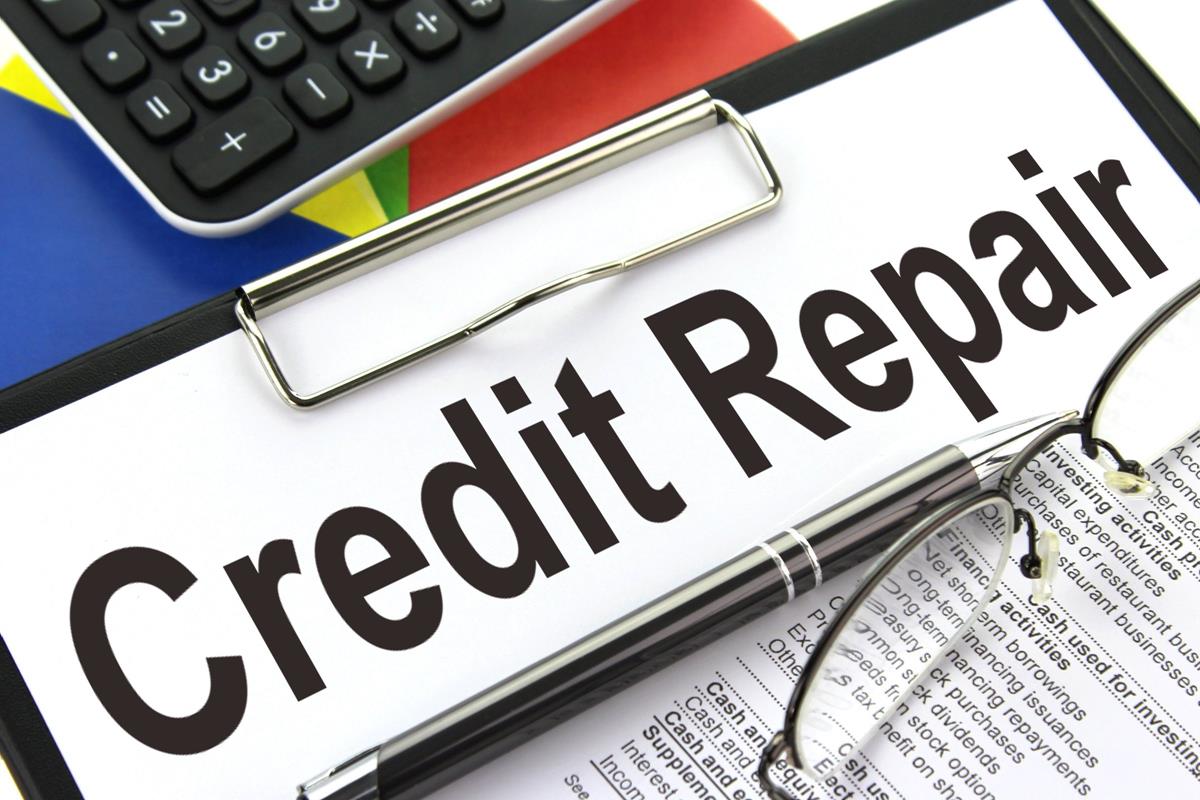What Does a Credit Repair Specialist Do
Credit repair specialists are hired by consumers to dispute errors on their credit reports. These experts also educate clients about financial management and how to improve their credit scores long term. They should be familiar with consumer protection laws and how to spot a scam.
Avoid any company that promises a new credit identity or doesn’t explain that you have the right to contact credit bureaus yourself. Also, choose a company that doesn’t charge a startup fee and allows you to cancel your subscription at any time.
Job Description
A credit repair specialist’s job description is to assist consumers with repairing their credit. These professionals work to get inaccurate negative information removed from their client’s credit reports, allowing them to have more options for financing and lower interest rates. Many of these specialists are employed by credit repair companies, while others are hired by debt counseling agencies.
Credit repair specialists must have strong communication skills to explain credit issues to clients and be able to review and analyze their client’s credit histories. They must also be able to identify errors and discrepancies. They should have excellent attention to detail, which is crucial for submitting accurate dispute letters.
Legitimate credit repair specialist should charge only after their services have been completed, and they should never guarantee results or encourage their clients to lie. They should also be licensed and bonded by their state’s insurance department. If a credit repair specialist is not bonded, they should be avoided.
Education and Training Requirements
The first step in becoming a credit repair specialist is to familiarize yourself with federal laws such as the Fair Debt Collection Practices Act and the Credit Repair Organizations Act. These laws establish consumer protections and regulate how credit repair companies operate. In addition, state laws may also require credit repair specialists to obtain business licenses and liability insurance.
Credit repair specialists should be able to help their clients understand how credit scoring works, as well as identify the types of debt that are damaging their credit scores. They can then assist them with disputing inaccurate information or negotiating the removal of negative items from their credit reports.
It is also important for credit repair specialists to have strong communication and negotiation skills. Additionally, they should be able to keep their client’s information private, so it does not fall into the wrong hands. Finally, they should have a clear policy on how they will use the information they collect from their clients.
Work Environment
A credit repair specialist helps clients to reestablish their credit, thus providing them with more opportunities in life. People with bad credit often face difficulty in getting a job, purchasing a home, or even renting an apartment. This is because landlords and employers look at an applicant’s credit history to determine their reliability and riskiness.
To find a reliable credit repair company, look for positive customer reviews from third-party websites and check their ratings on the Better Business Bureau. Additionally, look for a company that states how many negative marks it has removed and its average score increase for clients.
It is also important to know that credit repair is a heavily regulated financing industry. Companies are not allowed to lie about their services or results, as doing so would violate the Credit Repair Organizations Act (CROA). They must also provide their clients, consumers, or customers with certain disclosures in writing. Additionally, a credit repair company must maintain a surety bond, which varies from state to state.
Salary
A credit repair specialist typically earns more than a typical credit analyst. Their salary depends on the company they work for, how much experience they have and what state they live in.
A knowledgeable credit repair specialist will scour their clients’ credit reports to find errors and dispute them with the credit bureaus, creditors/lenders or debt collection agencies. They may also provide advice about how to improve the client’s credit score through methods like opening new accounts, paying off debt and lowering the credit utilization ratio.
Before hiring a credit repair service, check its reputation online through sources like Google Reviews, Better Business Bureau and Yelp. Be wary of companies that demand payment upfront or promise results that sound too good to be true. It’s also important to familiarize yourself with your state’s credit repair laws, which can include bond requirements for credit repair organizations and debt collectors.

